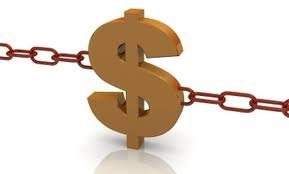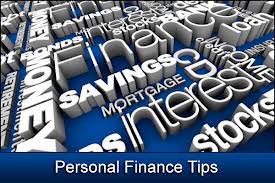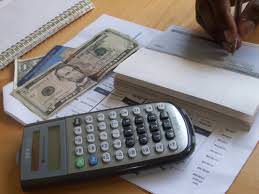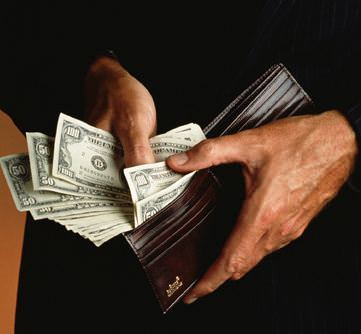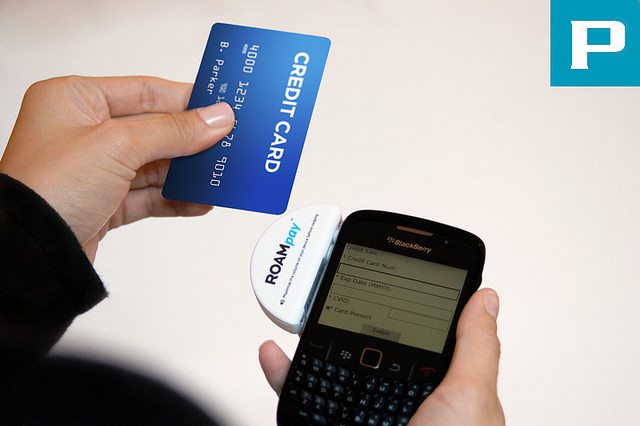Tips For Take Charge Of Your Personal Finances
 Knowing how to manage your money is absolutely crucial to building wealth, saving for retirement, and simply meeting your day-to-day needs. Keep reading for some simple and effective ways to take charge of your personal finances and make better decisions about your money.
Knowing how to manage your money is absolutely crucial to building wealth, saving for retirement, and simply meeting your day-to-day needs. Keep reading for some simple and effective ways to take charge of your personal finances and make better decisions about your money.
1. Create a budget. This is one of the simplest and most effective ways to keep the sum of your spending lower than your income. While you can outline a budget using a pen and a sheet of notebook paper, there are also smartphone apps, websites and pre-made spreadsheets available online that will help you allocate your income to specific categories. While most budgets provide a monthly snapshot of your spending limits, don’t forget to factor in recurring annual or semi-annual expenses such as life insurance premiums or property taxes.
2. Track your spending. The only way to determine whether or not you are sticking to your budget is to keep tabs on how much you spend. You can do this by saving every receipt and adding them up by hand, or you can use software or websites that sync your bank and credit card accounts in real time. This method works best if you use your debit or credit cards for most of your expenses. If you pay primarily with cash, consider using an envelope system to divide your money for different categories of expenses.
3. Shop with lists. Planning your shopping trips ahead of time reduces impulse purchases and helps you adhere to your food budget. Depending on how frequently you shop, come up with a list of breakfasts, lunches, dinners and snacks that will cover the time period between shopping trips. Then, use your meal plan to create your grocery list. If you need the same ingredient, such as cheese, for multiple meals, purchase larger packages at the store to shave a few cents off your bill–bulk packages are generally less expensive.
4. Always check bank and credit card statements. If you use online banking, check your accounts at least once per week for issues like being charged twice, expenditures that you didn’t make, and being charged more than you approved. If your statements come in the mail, make the time to sit down and read over all of the month’s charges. Always notify your bank if you believe that charges are fraudulent, and contact retailers who have overcharged you.
5. Stash something in savings. Whether you can afford to save $10 a week or $1000, anything that you can place in your savings account for emergencies or unforeseen circumstances will no doubt come in handy someday. Ideally, you should try to save six months’ worth of expenses. This could see you through a bout of unemployment, a temporary disability, or another issue that prevents you from earning an income.
If you can no longer afford your lack of money management skills, now is the time to change your habits. By following take charge of your personal finances the basic steps outlined here, you can learn to make smarter decisions about how you handle money, improving your ability to build wealth and live comfortably.
